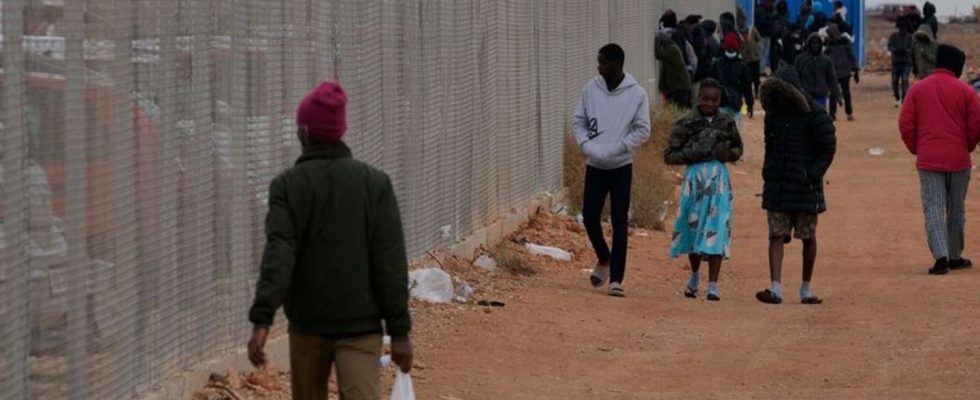migration
New EU deal aims to keep Syrian refugees in Lebanon
Numerous Syrian refugees have arrived in Cyprus in recent months. photo
© Petros Karadjias/AP/dpa
The small EU island republic of Cyprus finds itself at its breaking point due to an influx of refugees. Now European money should help for a transit country.
According to Cyprus President Nikos Christodoulidis, an agreement with Lebanon is now being worked on to prevent unwanted Syrian refugees from entering the EU. “We want to help Lebanon deal with the refugees so that more don’t come to Cyprus,” said the head of state of the EU island republic in an interview with the Germany editorial network. He is looking forward to traveling to Lebanon on May 2nd together with EU Commission President Ursula von der Leyen to discuss a concrete financial package to announce the European Union.
However, the package does not only include the financial aspect, emphasized Christodoulidis. It is also about supporting Lebanese institutions such as the Lebanese armed forces. The latter are a stabilizing factor in the country, which borders Syria and Israel.
“It is enough”
Christodoulidis described the current situation in his home country of Cyprus as critical. “I have to use the clearest words here: Enough is enough. We are not in a position to take in any more Syrian refugees.” That’s why he asked the EU for help and decided to suspend the examination of further asylum applications. From Christodoulidis’s point of view, we also need to talk about which people from Syria should be given a chance at asylum in the EU. “We expressly demand that certain areas in Syria be classified as safe regions,” he said.
According to the head of state, Syrians from Lebanon have been arriving in Cyprus almost every day in the past two or three months. Currently almost 7 percent of the population are migrants. According to the European statistics office Eurostat, the Republic of Cyprus recently had around 920,000 inhabitants.
In order to reduce unwanted migration, among other things, the EU recently made new cooperation and support agreements with Egypt and Tunisia. They provide billions in financial aid for the federal states. However, there is criticism of the planned closer cooperation because of the human rights situation there.

